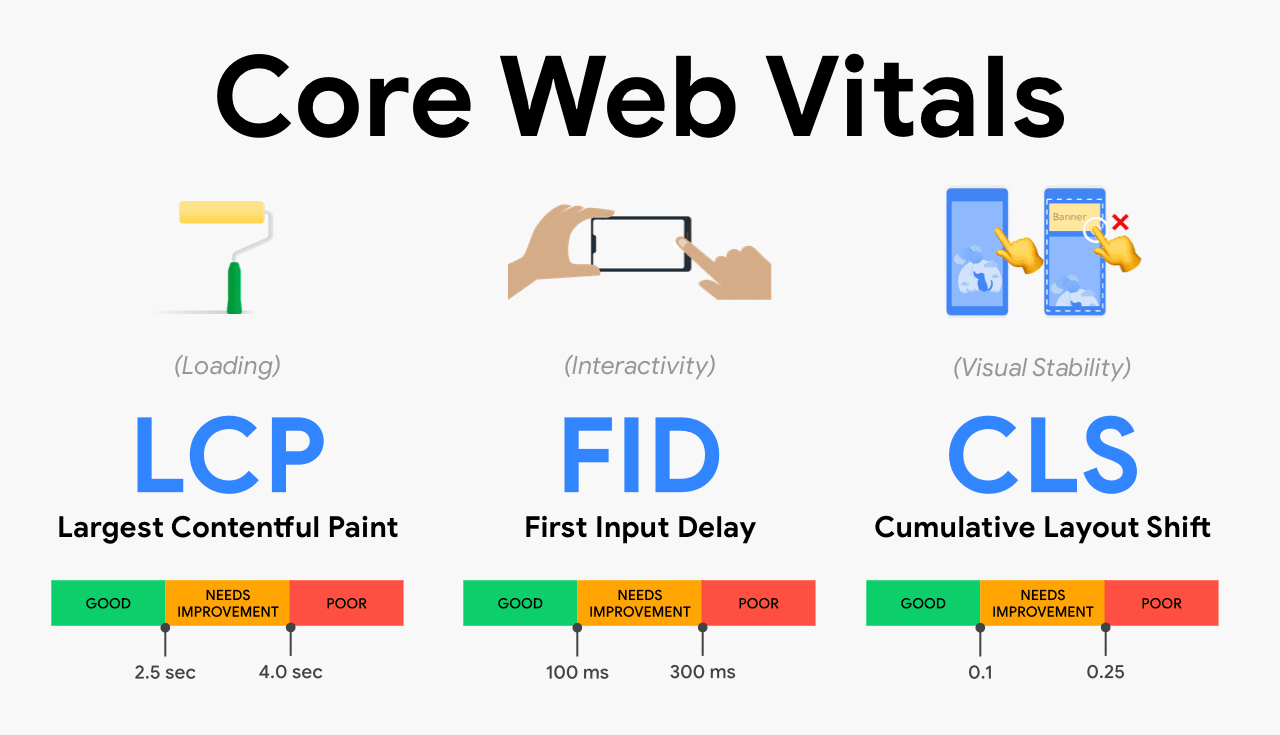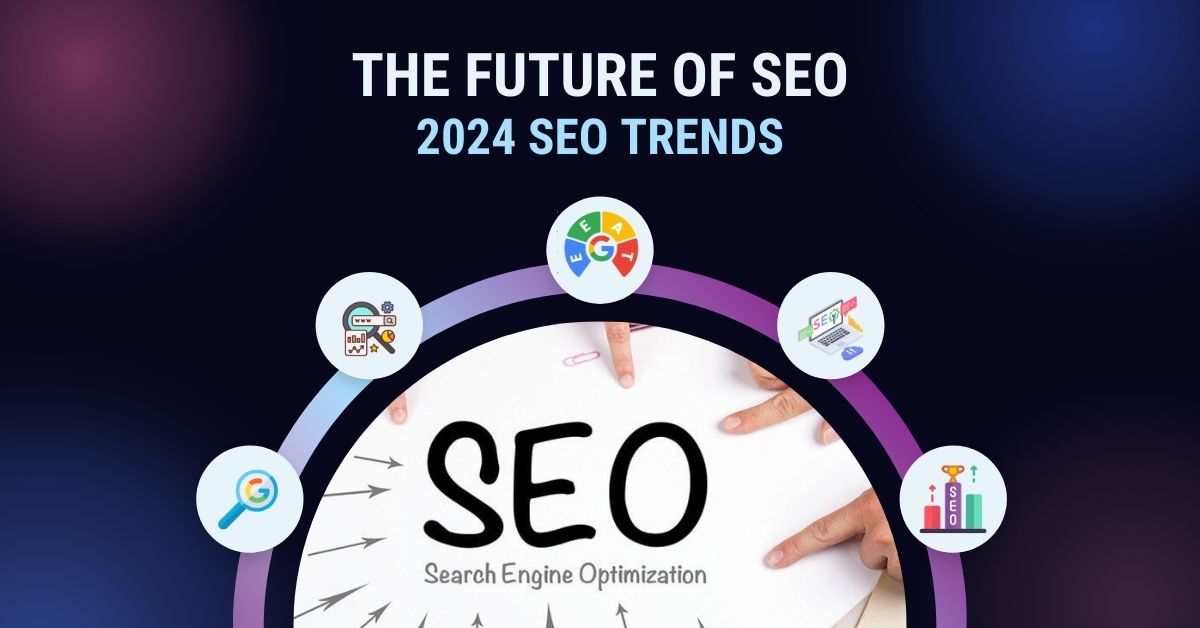The future of SEO is expected to be more user-centric, ethical, and technically advanced . As search engine optimization evolves, developing a comprehensive SEO strategy that incorporates the latest trends and technologies becomes crucial for businesses aiming to enhance their online visibility. A well-planned SEO optimization strategy will be the cornerstone for success in the digital landscape of 2024, ensuring that brands can effectively connect with their audience.
Incorporating artificial intelligence and focusing on user experience are expected to be pivotal elements in a successful strategy for SEO. This article will explore the trajectory of search engine optimization into 2024, highlighting the importance of adapting to changes and implementing an SEO strategy that prioritizes the user. By understanding the evolving search engine ranking factors and emphasizing E-E-A-T (Experience, Expertise, Authoritativeness, and Trustworthiness), businesses can position themselves to thrive in the rapidly changing SEO environment.
Embracing Artificial Intelligence and Machine Learning

Embracing Artificial Intelligence (AI) and Machine Learning in SEO involves strategic adjustments and understanding of how these technologies impact search optimization:
AI Algorithms and User Experience (UX):
- Google’s Rankbrain monitors UX factors like bounce rate, dwell time, and click-through rate in real-time, influencing SEO strategies .
- The introduction of Google Search Generative Experience (SGE) provides AI-generated results, enhancing user interactions with concise answers and relevant visuals.
Content Optimization for AI:
Crafting content that is concise, clear, and direct is crucial for compatibility with AI and machine learning algorithms .
Emphasizing first-hand experiences in content creation differentiates quality content that AI cannot replicate, highlighting the importance of author entities.
AI-Driven SEO Tools:
AI tools assist in keyword research, content creation, on-page optimization, and identifying technical issues, offering a competitive edge in SEO.
AI-powered analytics enable customization of website experiences, dynamically altering content to match user preferences and search histories.
By integrating AI into SEO strategies, businesses can enhance processes, tailor content to individual needs, and stay ahead of evolving search engine algorithms.
Prioritizing User Experience (UX) and Core Web Vitals

In the evolving landscape of SEO, prioritizing User Experience (UX) and Core Web Vitals has become non-negotiable. Google’s emphasis on UX underscores the necessity of creating mobile-responsive sites and improving page speed to bolster SEO rankings. The introduction of Core Web Vitals, including Largest Contentful Paint (LCP), First Input Delay (FID), and Cumulative Layout Shift (CLS), offers a concrete framework for evaluating a webpage’s overall user experience. These metrics directly influence a website’s search engine rankings, highlighting the importance of regular monitoring and optimization.
Core Web Vitals Metrics:
- Largest Contentful Paint (LCP): Measures loading performance. Aim for under 2.5 seconds.
- First Input Delay (FID): Assesses interactivity. Should be less than 100 milliseconds.
- Cumulative Layout Shift (CLS): Evaluates visual stability. Target below 0.1.
Optimizing these Core Web Vitals not only enhances user satisfaction but also significantly reduces bounce rates. Tools such as Google’s PageSpeed Insights and Lighthouse facilitate the measurement and reporting of these vitals, aiding in the identification of areas needing improvement. A local e-commerce client’s experience, witnessing a 20% boost in engagement metrics post-optimization, underscores the tangible benefits of prioritizing UX and Core Web Vitals in an SEO strategy.
Evolving Search Engine Ranking Factors

As the digital landscape continually evolves, so do the factors influencing search engine rankings. Understanding and adapting to these changes is crucial for SEO success:
High-Quality Content and Consistency:
Google places immense value on the consistent publication of high-quality, engaging content. Regular updates not only ensure quicker indexing but also higher rankings, highlighting the importance of a dynamic content strategy.
Mobile-First Indexing and SSL Security:
- With Google’s mobile-first approach, ensuring your website is mobile-responsive and secured with SSL certificates is more critical than ever. These elements are pivotal in maintaining relevance and trustworthiness in the SERPs.
E-E-A-T and Multiplatform Strategy:
- E-E-A-T (Experience, Expertise, Authoritativeness, and Trustworthiness): Google’s algorithm increasingly prioritizes E-E-A-T, making it essential for content creators to focus on authenticity, up-to-date information, and security. Incorporating video content and securing featured snippets are strategies that can enhance a site’s E-E-A-T profile.
- Multiplatform Presence: Beyond Google, a successful SEO strategy requires a presence on diverse digital platforms. Tailoring search strategies to each platform’s unique user search behavior can significantly boost visibility and authority.
These evolving factors underscore the importance of a holistic SEO strategy that embraces technological advancements and user-centric approaches for sustained success in search rankings.
Adapting to Changes in Search Intent

Adapting to the increasing prevalence of zero-click searches, where a significant portion of searches on mobile (57%) and desktop (roughly a quarter) do not result in a click on an organic or paid result, necessitates a strategic pivot in SEO approaches. Google’s SERP features, providing immediate answers, contribute to this trend 1. To counteract this, implementing strategies such as:
- Securing Featured Snippets: Aim for these coveted positions for queries prone to zero-click searches, offering concise, direct answers within the SERP itself.
- Q&A Format Content: Adopt a robust question-and-answer style across your content. This approach caters to direct queries and can be particularly effective in long-form content, structured around key questions and scenarios relevant to your audience.
- Topical Authority: Establish yourself as a go-to source within a specific niche by creating comprehensive, expert-level content. This involves not just depth in a single topic but a broad spectrum of content covering related subtopics, ensuring you meet the criteria for topical authority.
Additionally, understanding the shift in user behavior influenced by Google’s Search Generative Experience (SGE) and the increasing personalization of SERPs based on user history is crucial. Content should not only aim to match intent but also pass the Intent, Context, and Relevance test, as search engines grow smarter in deciphering user intent. This requires a keen focus on ensuring your keywords and content align with the evolving search landscape, adapting to serve users’ needs effectively.
Importance of E-E-A-T (Experience, Expertise, Authoritativeness, and Trustworthiness)

Understanding and implementing E-E-A-T (Experience, Expertise, Authoritativeness, and Trustworthiness) is fundamental for enhancing your SEO strategy. This concept is not just a set of guidelines but a pivotal aspect of your content’s visibility and ranking in search engine results. Here’s how to effectively apply E-E-A-T principles:
Showcase Your Expertise:
- Include detailed author bios that highlight the credentials and experiences of content creators.
- Collaborate with subject matter experts (SMEs) to ensure content is not only accurate but infused with expert insights.
Build Authoritativeness:
- Earn authoritative backlinks by creating content that’s recognized as a valuable resource within your niche.
- Engage in community discussions, answer questions on platforms like Reddit, and contribute to social media conversations to establish a strong online presence.
Ensure Trustworthiness:
- Regularly update content to keep information current and accurate, minimizing errors.
- Make contact information easily accessible and verify the accuracy of all claims made in your content.
By focusing on these areas, you can significantly improve your site’s E-E-A-T score, thereby enhancing its SEO performance and trustworthiness in the eyes of both users and search engines.
Conclusion
As we anticipate the evolution of SEO into 2024, it becomes evident that the alignment of strategies with the emerging trends of artificial intelligence, user experience, and a steadfast commitment to E-E-A-T principles will dictate the success of online visibility efforts. Through the integration of advanced technologies and a user-first approach, businesses can navigate the complexities of search engine rankings more effectively, ensuring that they not only meet but exceed the evolving expectations of both users and algorithms.
In light of these forward-looking insights, the next phase of search engine optimization calls for a strategic pivot that emphasizes adaptability, technical prowess, and a nuanced understanding of user intent. As the digital landscape continues to evolve, businesses poised for success are those prepared to refine their SEO strategies, embracing the changes and challenges that lie ahead. This proactive approach will not only safeguard their competitive edge but also optimize their online presence in a way that is both meaningful and impactful.
What can we expect from SEO in the year 2024?
In 2024, SEO is expected to be heavily influenced by artificial intelligence (AI) and machine learning, which will necessitate a flexible and innovative approach. The rise of mobile and voice searches will make local SEO even more critical for businesses with brick-and-mortar locations, as it will provide substantial opportunities to connect with local consumers.
What objectives should SEO strategies aim for by 2024?
By 2024, a well-rounded SEO strategy should focus on comprehensive keyword research, the creation of high-quality content, on-page optimization techniques, ensuring mobile-friendliness, and prioritizing the overall user experience.
Are there any anticipated updates to Google’s SEO in 2024?
Yes, the March 2024 Google Core Update is a notable change in the search engine’s algorithm. This update includes both a core update, which aims to enhance the quality and relevance of search results, and a separate spam update, targeting various aspects of search and SEO practices.
How is AI expected to impact content SEO strategies in 2024?
AI is poised to significantly elevate the quality of content by assisting in the creation and optimization of SEO-friendly and user-focused content. It will help pinpoint deficiencies in content strategies, suggest topics that will engage the target audience, and ensure that the content is both compelling and informative.












Recent Comments